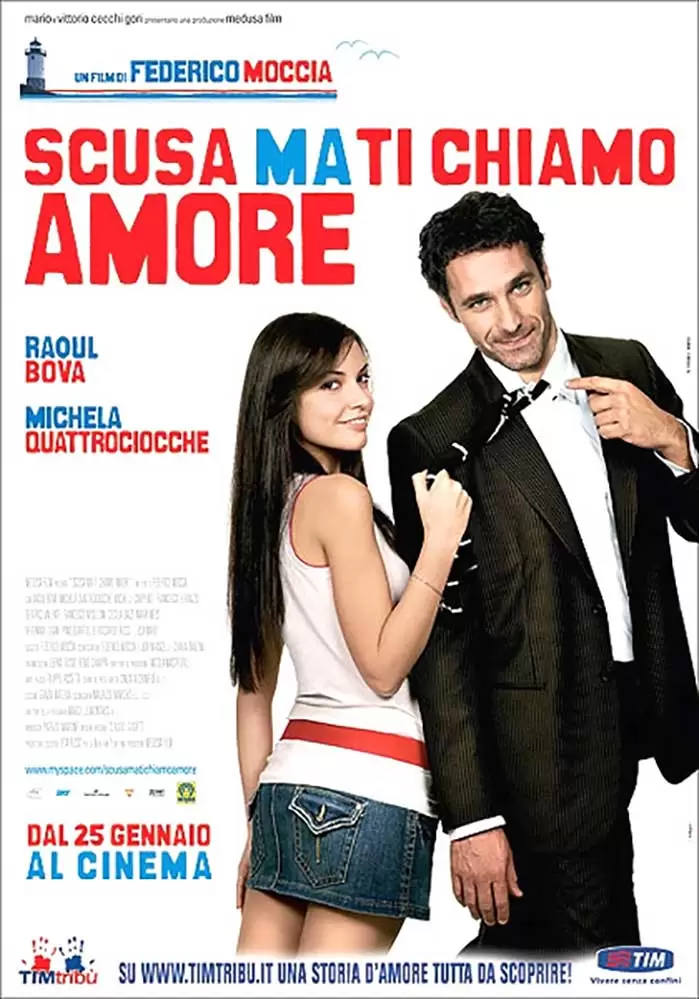Italian cinema has long been celebrated for its profound influence on global film culture. From the neorealist movement of the post-war era to contemporary masterpieces, Italian filmmakers have consistently pushed the boundaries of storytelling and visual artistry. These films not only reflect the rich cultural tapestry of Italy but also resonate universally with themes that transcend borders and generations.
Here, we present a curated list of ten must-watch famous Italian films that have left an indelible mark on cinema history. Each film represents a pivotal moment in cinematic evolution, showcasing the talent and creativity of Italian directors, actors, and composers. Dive into these timeless classics to experience the magic of Italian filmmaking firsthand.
Ten Iconic Films That Defined Italian Cinema
Italy's cinematic legacy is built upon a foundation of innovation and storytelling brilliance. Among the many treasures of Italian cinema, certain films stand out as cornerstones of this rich tradition. These works not only captivated audiences worldwide but also influenced countless filmmakers across the globe. Let us explore some of these masterpieces that continue to inspire new generations.
The journey begins with 8½, Federico Fellini's groundbreaking exploration of creativity and self-discovery. Released in 1963, this film delves deep into the psyche of a filmmaker grappling with his own artistic block. Its innovative narrative structure and surreal imagery set a new standard for cinematic expression. Another landmark film from the same year is The Leopard, Luchino Visconti's epic adaptation of Giuseppe Tomasi di Lampedusa's novel. Set against the backdrop of 19th-century Sicily, it paints a vivid picture of societal change through the eyes of a noble family.
In addition to these, Rome, Open City (1945) by Roberto Rossellini marked the beginning of the neorealist movement, emphasizing raw authenticity and social realism. Similarly, Voyage to Italy (1954), directed by Roberto Rossellini, explores themes of love, loss, and existentialism with haunting beauty. These films collectively showcase the depth and diversity of Italian cinema during its formative years.
Academy Award-Winning Masterpieces
Italian cinema boasts several Academy Award-winning films that highlight the country's significant contribution to world cinema. Vittorio De Sica's Shoeshine (1947) and Bicycle Thieves (1949) received special honors at the Oscars, cementing their status as essential viewing for cinephiles. Both films are poignant portrayals of post-war Italy, focusing on ordinary people facing extraordinary challenges.
Shoeshine tells the tragic story of two young boys whose friendship is tested by harsh circumstances. Through its unflinching depiction of poverty and injustice, the film resonates deeply with viewers even today. Meanwhile, Bicycle Thieves follows a father and son searching for a stolen bicycle crucial to their livelihood. This heartrending tale of perseverance amidst adversity remains one of the most celebrated films in cinematic history.
Beyond these early triumphs, Italian filmmakers continued to receive international acclaim throughout the decades. Their ability to blend compelling narratives with striking visuals ensured that Italian cinema remained at the forefront of global filmmaking trends.
Timeless Classics Every Movie Lover Should Watch
For those eager to immerse themselves in the world of Italian cinema, there are several iconic films that deserve attention. La dolce vita by Federico Fellini offers a satirical look at the hedonistic lifestyle of Rome's elite, capturing the essence of the phrase itself—the sweet life. Another beloved classic, Cinema Paradiso by Giuseppe Tornatore, celebrates the power of cinema through the nostalgic lens of a small-town projectionist and his protégé.
Life is Beautiful by Roberto Benigni strikes a perfect balance between humor and tragedy, using laughter to confront the horrors of the Holocaust. Equally unforgettable is the Man with No Name Trilogy, comprising Sergio Leone's spaghetti westerns featuring Clint Eastwood. These films revolutionized the genre with their gritty style and memorable scores composed by Ennio Morricone.
Finally, no discussion of Italian cinema would be complete without mentioning I Vitelloni, a semi-autobiographical work by Federico Fellini. It chronicles the lives of five young men navigating adulthood in a provincial town, offering a universal commentary on youth and identity. Together, these films encapsulate the spirit and allure of Italian cinema, inviting viewers to appreciate its enduring charm.
Sicilian Landscapes: A Cinematic Paradise
Sicily, with its breathtaking landscapes and vibrant culture, has served as the perfect setting for numerous iconic films. Movies like The Godfather, Malèna, and The Leopard have immortalized the island's beauty on screen. Francis Ford Coppola's The Godfather trilogy, in particular, brought global attention to Sicily's picturesque villages and rugged coastline.
Gabriele Salvatores' Mediterraneo captures the idyllic charm of a small Sicilian village during World War II, while Giuseppe Tornatore's Cinema Paradiso draws inspiration from his hometown of Bagheria. These films not only celebrate Sicily's natural splendor but also delve into its complex history and traditions.
More recently, Mike White's The White Lotus Season 2 showcased the island's luxurious resorts and stunning vistas, further reinforcing Sicily's reputation as a cinematic paradise. As these examples illustrate, Sicily continues to inspire filmmakers seeking to create visually stunning and emotionally resonant stories.

